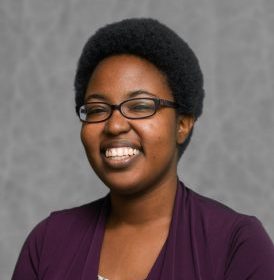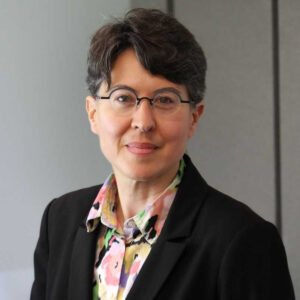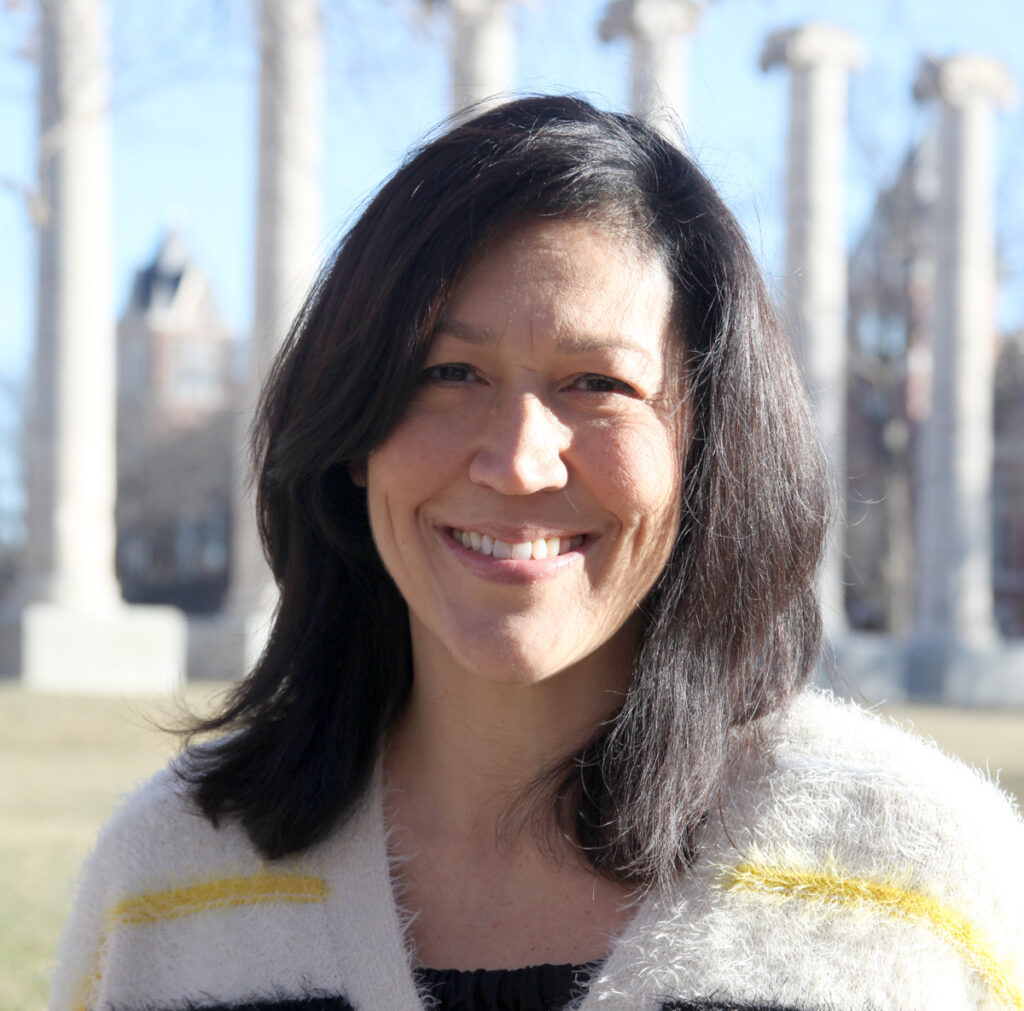 Joshua Aronson
Joshua Aronson
Dr. Joshua Aronson is associate professor of developmental, social, and educational psychology at New York University, where he directs the Mindful Education Lab, a group of psychologists and neuroscientists dedicated to using research to improve the psychological functioning and learning of children confronted with stress. Internationally recognized for his pioneering research on “stereotype threat” and “Growth Mindset,” Joshua’s work has been referenced in 4 Supreme Court cases. and is featured in popular books like Blink, Nurtureshock, Mindset, Drive, Nerve, Choke, Grit — and books with long titles like Lean iI, How Children Succeed, Intelligence and How to Get It, and Whistling Vivaldi. Joshua is the editor of Improving Academic Achievement Readings about the Social Animal, and is Co-author of the best-selling text, The Social Animal.
Listed by Education Week among the most influential scholars in America, Joshua’s current work helps schools become environments that promote excellence in cognitive, socio-emotional, and moral development, by incorporating social psychological interventions including mindfulness and meditation into classrooms, and by developing “4-dimensional curriculum” to improve learning, curiosity, critical thinking self-control, and purpose. Joshua is executive advisor to the Casa Laxmi Foundation, which is building schools designed to foster success in the world’s most impoverished children.
 Christy Byrd
Christy Byrd
Christy Byrd grew up in Gastonia, North Carolina. She received her bachelor’s degree in psychology from Agnes Scott College and a Masters degree in psychology and PhD in education and psychology from the University of Michigan, and was a National Science Foundation Postdoctoral Fellow at Michigan State University in the Department of Teacher Education. Dr. Byrd’s research examines how students make sense of race and culture in their school environments. She uses quantitative and qualitative methods to explore topics such as racial discrimination, multicultural education, and culturally relevant teaching. One area of research focuses on adolescents’ perceptions of school climate for diversity, which includes intergroup interactions and school ethnic-racial socialization, and how perceptions are shaped by identity development and contextual factors. A second area of research considers the motivational factors that promote student engagement in diversity workshops, courses, and programs. Her work has shown that when youth experience their schools as positive, identity-affirming spaces, they are more academically engaged and successful.

Jennifer Cromley
Jennifer Cromley is Professor of Educational Psychology in the College of Education at the University of Illinois Urbana-Champaign (UIUC). She holds a 2005 Ph.D. in Human Development and a Certificate in Educational Measurement and Statistics from the University of Maryland College Park. Cromley’s research focuses on cognitive and motivational predictors of STEM grades and retention, including research in biology, chemistry, and calculus, as well as research on learning from biology text and diagrams. She has conducted basic processes research, longitudinal, and multi-method studies including interview, think-aloud, and eye tracking research with students in middle school through postsecondary education.
Mesmin Destin
Mesmin Destin is an associate professor in the Department of Psychology and School of Education and Social Policy at Northwestern University in addition to a fellow of Northwestern’s Institute for Policy Research. He completed his PhD in Social Psychology at the University of Michigan in 2010. Destin uses experiments and other methods to investigate factors shaping the experiences and outcomes of students from diverse socioeconomic backgrounds. He received the American Psychological Association Distinguished Scientific Award for Early Career Contribution in 2019 and a John Simon Guggenheim Memorial Foundation Fellowship in 2021.

Diley Hernández
Diley Hernández, Ph.D. is the Associate Vice President (AVP) of Institute Diversity, Equity, and Inclusion (IDEI) at the Georgia Institute of Technology. As AVP, Hernández assists with the IDEI office’s execution of the institute vision for diversity, equity, and inclusion and works with campus partners to strengthen the depth and complexity of teaching and learning about these issues. She also works with institute leaders, faculty, staff, and campus units to support DEI initiatives for prospective and current students, faculty, and staff. Hernández began her psychology studies at the University of Havana and received her B.A. in psychology from New Mexico State University. She then completed an M.A. and a Ph.D. in educational psychology, with a minor in social psychology, at The University of Arizona.

Lisa Y. Flores
Lisa Y. Flores, Ph.D. is a Professor of Psychology in the Department of Psychological Sciences at the University of Missouri. She has expertise in the career development of women and Latinx and the integration of Latinx immigrants in rural communities. She has published over 100 journal publications and book chapters and presented over 200 conference presentations in these areas. She has been PI and co-PI on grants funded by NSF and USDA to support her research. She is Editor of the Journal of Career Development and past Associate Editor of the Journal of Counseling Psychology, and has served on the Editorial Boards of the Journal of Vocational Behavior, The Counseling Psychologist, Journal of Counseling Psychology, and Career Development Quarterly. She is a Fellow of the American Psychological Association (Divisions 17, 35, 45) and has received several honors for her work, including the Distinguished Career Award from the Society of Vocational Psychology, the Shining Star Award from the National Multicultural Conference and Summit, the John Holland Award for Outstanding Achievement in Career or Personality Research from the Society of Counseling Psychology, and early career professional awards from both the Society of Counseling Psychology and the National Latinx Psychological Association. (B.S., Psychology from Texas A&M University; M.S.Ed., Counseling Psychology from University of Kansas; Ph.D., Counseling Psychology from University of Missouri).

DeLeon Gray
DeLeon Gray is CEO of Black and Belonging and an associate professor of educational psychology and equity at North Carolina State University, where he has developed three new doctoral courses on School Belonging, Equity-Focused Quantitative Methods and Community-Engaged Approaches to Educational Research. He is enthusiastic about working jointly with education stakeholders to disrupt structural aspects of schooling environments that leave historically marginalized student groups vulnerable to anxieties about belonging.
His research is recognized by prestigious honors, including the Research on Socially and Economically Underrepresented Populations Award (RISE-UP) from the Association for Psychological Science and a 2018 Best Article Award for his collaborative publication, “Black and Belonging at School: A Case for Interpersonal, Instructional, and Institutional Opportunity Structures,” in Educational Psychologist.
 Marcus Johnson
Marcus Johnson
Marcus Johnson is a Professor and Associate Director, leading the Office of Educational Research & Outreach in the School of Education at Virginia Tech (VT). He joined VT after his decade-plus tenure at the University of Cincinnati, where he taught various courses related to Educational Psychology, Lifespan Development, Research Methods, and Motivation & Self-Concept. Dr. Johnson’s research/scholarship concerning “motivation in education,” has included investigations of traditional and nontraditional college students’ motivations, the use of motivational strategies that enhance cognitive engagement and [conceptual change] learning, and the assessment of underrepresented high school students’ motivations for STEM related college majors and careers. Nationally, Dr. Johnson is finishing his term on the American Psychological Association’s Council of Representatives. Prior to earning his PhD in Educational Psychology at the University of Nevada, Las Vegas, Dr. Johnson had taught high school science in diverse settings on the west coast.

Delaram Totonchi
Delaram (Dela) Totonchi is a Research Scientist at Motivate Lab, with a background in educational and social psychology. Her scholarship reflects an intersection of three main interests: (a) understanding how students’ beliefs in their abilities to learn affect their achievement and persistence; (b) examining the socio-cultural and contextual factors that impact the well-being and academic adjustment of students from traditionally underrepresented groups; and, (c) improving measurement practices in educational and social psychology. In her current role, Dela supports Motivate Lab’s efforts to implement and customize motivational interventions designed to address gender, race, and socioeconomic opportunity gaps.
Dela earned her B.S. in Psychology from Allameh Tabataba’i University in Tehran, Iran. Upon moving to the U.S., she attained her M.S. in Experimental Psychology and her Ph.D. in Educational Psychology and Program Evaluation from Old Dominion University.
Dela is an immigrant from the Middle East. She enjoys sharing her childhood stories about going to school in urban Tehran. As a student who transitioned to graduate school in the U.S., she understands the role positive academic and personal identity-based experiences play in promoting underrepresented students’ sense of belonging, motivation, and academic success.
 Jessica J. Summers
Jessica J. Summers
Jessica J. Summers, Ph.D. in Educational Psychology, is a professor in the Department of Teaching, Learning, and Sociocultural Studies at the University of Arizona. Her current research examines ways in which pedagogical, curricular, and instructional practices increase students’ motivation to learn and sense of purpose in K-16 contexts. When she isn’t working, she enjoys running, biking, reading, and spending time with her husband and daughter.

